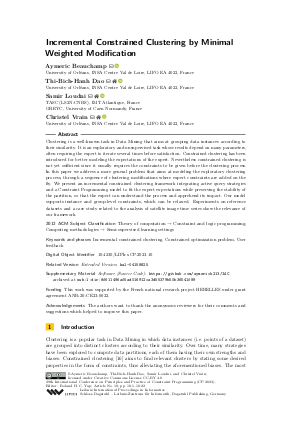LIPIcs.CP.2023.10.pdf
- Filesize: 4.88 MB
- 22 pages

 Creative Commons Attribution 4.0 International license
Creative Commons Attribution 4.0 International license


































Feedback for Dagstuhl Publishing